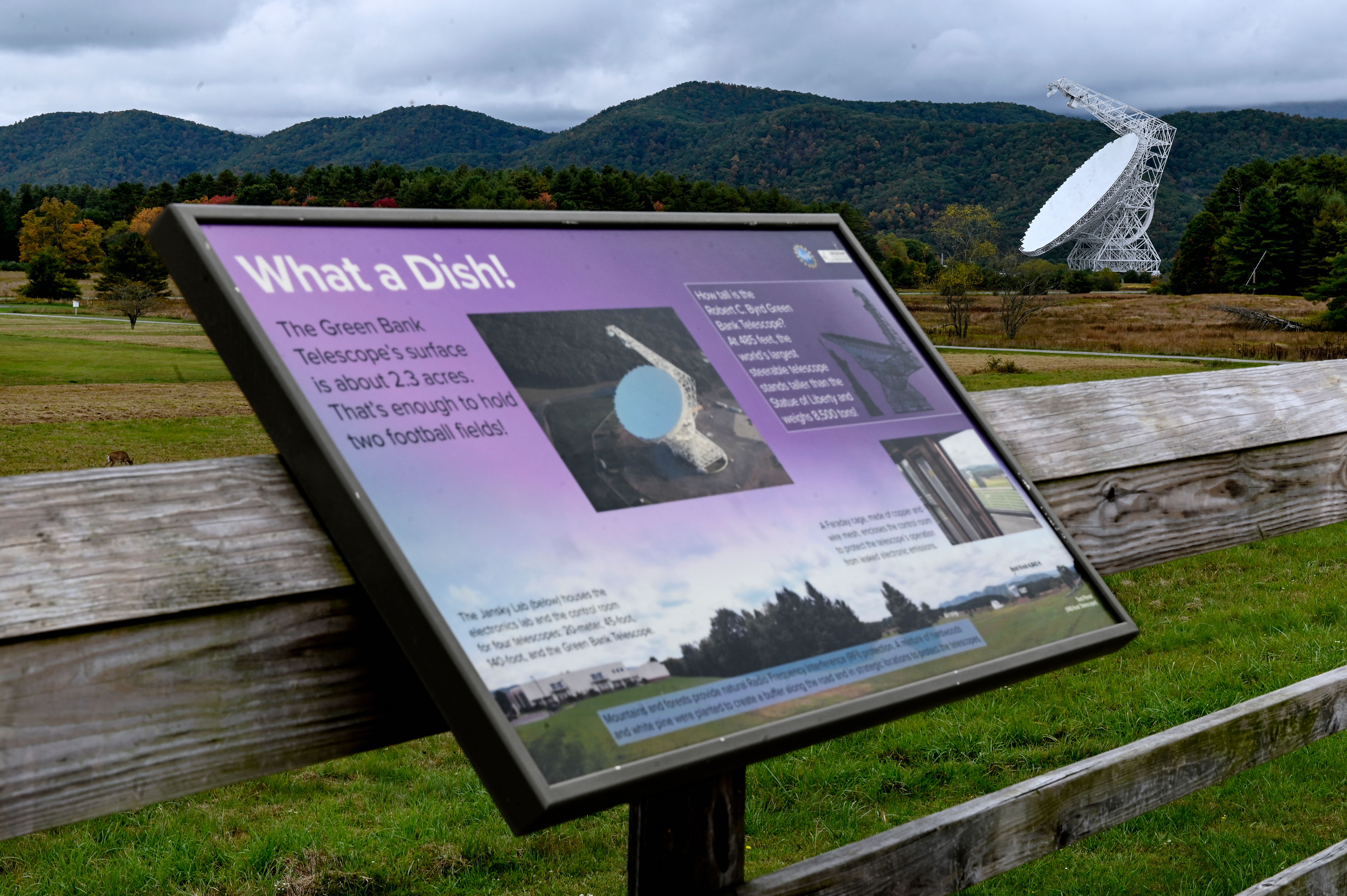In this USA town, phones and Wi-Fi are banned, but why?
The 143 people that live in Green Bank, West Virginia, have no cellphone signal and basically no access to Wi-Fi


Green Bank, West Virginia, is officially known as the quietest town in all of the United States, where phones and Wi-Fi are basically banned.
There's a reason for it though—the destination is the home of the Robert C. Byrd Green Bank Telescope, the largest fully steerable radio telescope. Found inside of the Green Bank Observatory and operated by the National Radio Astronomy Observatory, the telescope equipment is clearly extremely precious and in need of protection.
As a result, the federal government set up the National Radio Quiet Zone back in 1958. So 13,000-square-miles of land in West Virginia (near the border with Virginia) are engulfed in deep quiet.
The mandatory restrictions are even firmer for those who live within 10 miles of the observatory, where Bluetooth devices and microwaves are also prohibited unless found inside a Faraday cage, which is a metal box that blocks electromagnetic fields.

The telescope itself is massive—it weighs 17 million pounds, it's 458 feet tall and it's about 2 acres wide. It's also found amid a series of other smaller telescopes across 2,700 acres of parkland. Science is clearly a huge deal in these parts of town.
And so the 143 people that reside in Green Bank live by limitations that almost turn the town into a time warp.
When visiting, you’ll notice plenty of phone booths in the middle of the streets and the pretty wide-ranging use of paper maps. We also imagine that the best TikTok beauty products aren’t really a topic of discussion in this interesting American city.
Sign up to our free daily email for the latest royal and entertainment news, interesting opinion, expert advice on styling and beauty trends, and no-nonsense guides to the health and wellness questions you want answered.
Of course, as peaceful as living without the constant draw of social media and the Internet might be, the residents of Green Bank have to deal with some quite dangerous repercussions of being totally disconnected. If getting into a car accident, for example, there is no feasible way for a driver to call for help from a cell phone. Not having access to the Internet in this day and age may also hinder one’s ability to stay up-to-date, apply for jobs or schools.
That is all to say: balance is key. The negative effects of constantly scrolling through our phones have been analyzed for years now, but—as we're sure folks in Green Bank can attest to—there is something about being able to quickly connect to people from all over the world that is wonderful, important and in need of protection as well.
Anna Rahmanan is a New York-based writer and editor who covers culture, entertainment, food, fashion and travel news. Anna’s words have appeared on Time Out New York, the Huffington Post, Fortune, Forbes, Us Weekly, Bon Appetit and Brooklyn Magazine, among other outlets.
